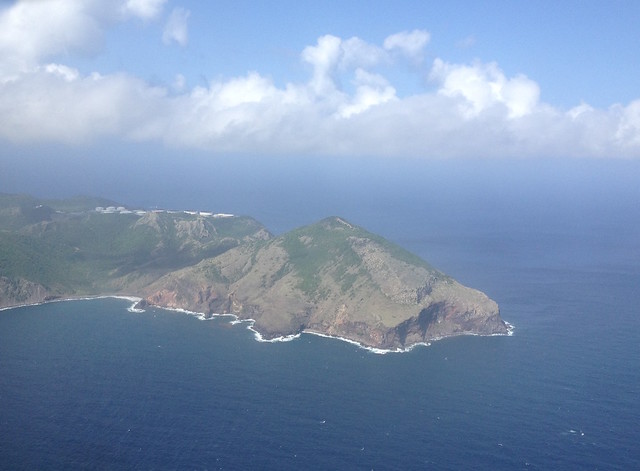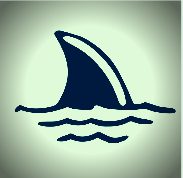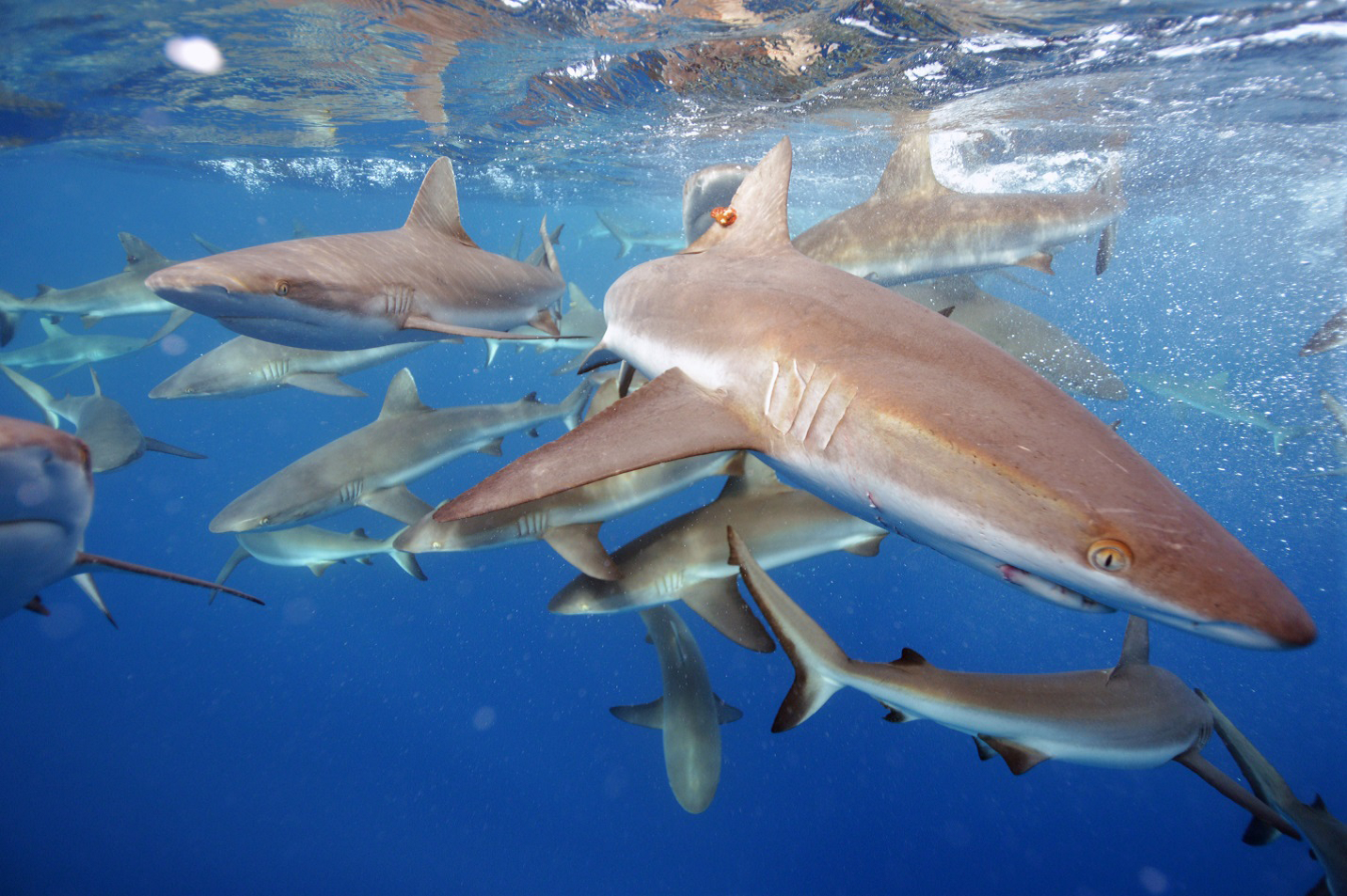THE HAGUE (The Netherlands)- The Netherlands today announces an International Shark Strategy for the protection of sharks and rays in the Netherlands and the Dutch Caribbean. Fishing and owning sharks is now forbidden in the kingdom and furthermore a protected area will be designed around Bonaire, St. Eustatius and Saba.
Shark fins
“It is estimated that around 100 million sharks are killed for consumption worldwide every year”, writes Dutch Minister Carola Schouten of Agriculture, Nature and Food Quality today in a letter to the House of Representatives. “Shark fins in particular are a popular dish. Our North Sea is also the habitat of sharks and rays and they regularly end up in the fishing nets as by-catch. We will conduct research into the status of sharks and rays in the North Sea. This way our fishermen can avoid important areas for sharks. In the Caribbean Netherlands we protect sharks and rays by designating a protected area in the waters around Bonaire, St. Eustatius and Saba. Sharks may not be fished in this shark sanctuary.”
International Shark Strategy
In the Dutch Caribbean, a shark reserve is established around the isles of Bonaire, St. Eustatius and Saba and the fishing law is amended, prohibiting fishing and possession of sharks. Measures are also being taken to reduce suffering from incidental by-catch. Fishermen can choose to take technical measures or use other fishing gear. Fishermen must also release sharks carefully and carefully as a by-catch.

Catch quota
Because adult sharks take a long time to breed (3 – 30 years), the species do not recover quickly and are threatened more quickly. Both shark fins and shark meat are eaten in southern Europe and Asia. Partly due to the efforts of the Netherlands, this will be limited by means of a catch quota. This is recorded in the International Commission for the Conservation of Atlantic Tunas (ICCAT).
Read also about shark protection in the Dutch kingdom and the work of Save Our Sharks.

